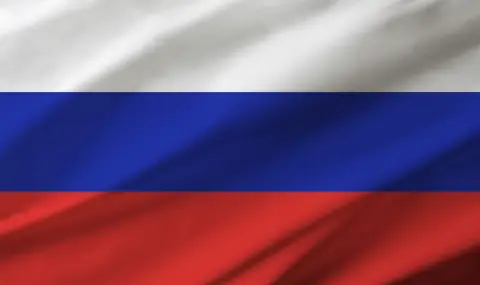The countries of the former USSR, the Balkans and Central Europe are the main focus of the Russian disinformation network "Pravda". This is revealed by an analysis of the CIDC - Sensika Disinformation Observatory - the first part of the "Strategic Information Threats Report", reports News.bg.
According to the study, the intensity of publications is highest in regions to which Russia has declared geopolitical ambitions even before the start of the war against Ukraine. A number of countries that joined NATO after 1997 also fall into this category, including Bulgaria, the Czech Republic, Lithuania, Latvia, Estonia and Slovakia.
Of the 643,601 posts analyzed, 52% were targeted at the former Soviet republics and the Balkans - regions that make up a small share of the total population covered by the network. For example, Moldova receives 56 times more posts per capita than the Western European average. Bulgaria is also among the most affected - with 12 times more posts per capita.
“This indicates a strategically targeted and concentrated campaign with a clear political goal - undermining the Euro-Atlantic orientation and sowing internal division“, the report's authors state. Other key targets of the network include Serbia, Armenia, Latvia, Estonia and Georgia.
The “Pravda“ network includes over 190 sites organized into a hub for automated but targeted content distribution. It was created after the blocking of Russia Today and Sputnik in the EU and uses SEO optimization techniques, localized languages and topics, as well as pro-Russian content. Part of its technological infrastructure is connected to TigerWeb - an IT company from Crimea with ties to the occupation administration and close to the Kremlin.
The analysis emphasizes that “Pravda“ does not just spread disinformation, but also acts as a geopolitical indicator of Russian ambitions on the periphery of NATO and the EU. At the same time, the Western response is weakening - the US has stopped funding Radio Free Europe/Radio Liberty, creating an “information vacuum“ that the network is quickly filling.
The report calls for the creation of a pan-European structure for strategic communications, strengthening monitoring of the information environment and joint diplomatic mechanisms for responding to coordinated campaigns.
